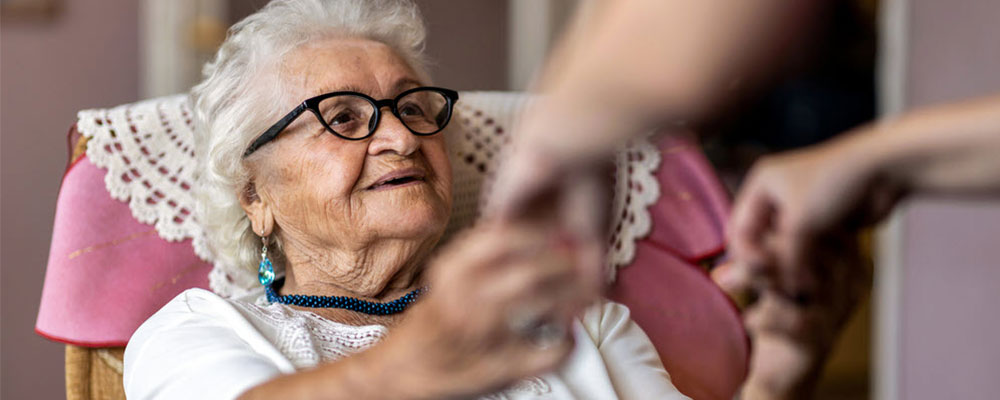Free Consultations: 630-427-4407

At SBK Law Group, we know how difficult it can be to watch our loved ones get older. Some individuals are fortunate enough to stay relatively healthy and remain capable of managing their daily affairs. Others, however, are not so lucky, and their deteriorating health may prevent them from being truly independent as they age. Depending on the circumstances, it may eventually become necessary for someone to be appointed to help an elderly person in such a situation. Under Illinois law, this someone is known as a guardian, and our experienced attorneys are equipped to help you and your family throughout any required guardianship proceedings.
According to the Illinois Probate Act of 1975 (755 ILCS 5), guardianship (also known as conservatorship in some states) is a legal relationship that can be created by the court when an individual cannot properly care for himself or herself or manage his or her financial affairs. The person who is appointed to serve as the guardian is assigned certain responsibilities and duties regarding the individual placed under his or her care. Adult guardianships in Illinois are not limited to elderly people, but those who are older tend to need a guardian more often than their younger counterparts do. In the state of Illinois, a guardianship arrangement will only be created by the court if the court determines a genuine need for it.
This means that an elderly person will not have a guardian designated just because he or she is getting older. If the elderly person is not showing any indications of mental deterioration, such as forgetting to take medication or missing bill payments, or physical issues, such as the inability to get around or to operate a vehicle, the court is not likely to appoint a guardian. In fact, the court is only permitted by law to appoint a guardian for a person with some type of disability that restricts or limits that person’s ability to make competent decisions about his or her life or to communicate those decisions to others.
If you wish to have a guardian appointed – including yourself – for your aging loved one, you must prove to the court that your loved one is struggling to manage his or her affairs. To do so, you will generally need to obtain a physician’s report outlining the elderly person’s disability. The doctor’s report should describe the type of disability, including whether it is physical, mental, emotional, or cognitive, and how the disability is affecting the person’s everyday activities. It is important to note that age alone is not a disability. Age-related conditions, such as Alzheimer’s disease and dementia, however, could be considered disabilities that support the appointment of a guardian.
At SBK Law Group, our Illinois guardianship attorneys know what Illinois courts are looking for when it comes to guardianship proceedings for elderly people. We are equipped to help you present the doctor’s report in court as a convincing argument for granting the requested guardianship. Our lawyers will also help determine the extent of the decision-making authority you should ask for during the proceedings. The court has the discretion to grant you as much or as little responsibility as is deemed necessary to help your elderly loved one. Your responsibilities could also be limited to a very narrow focus, or you could be given virtually unlimited authority over nearly every aspect of the elderly person’s life.
In some cases, there is not enough medical evidence to support a finding that your elderly loved one requires a guardian. If this describes your situation, other options may be available. For example, your elderly loved one could draft a power of attorney that appoints you to serve as his or her agent or a trust naming you as trustee. These are also representative payee options with Social Security. These options can be important and valuable alternatives to guardianship under certain circumstances.
If you would like more information about elderly guardianships or powers of attorney in Illinois, contact our DuPage County elder law attorneys online. Call 630-427-4407 for a free, no-obligation consultation with a lawyer at SBK Law Group today. We represent clients in Downers Grove, Naperville, Wheaton, Will County, Cook County, DuPage County, and the surrounding communities.